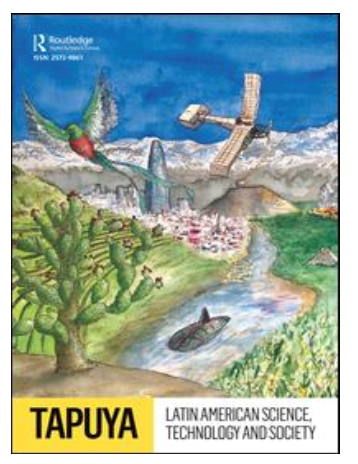
Autores:
María Belén Albornoz e Isarelis Pérez Ones
Abstract:
The innovation policy in Ecuador is an exceptional case study which explores how knowledge used to inform design is socially embedded in relationships of political authority. In this case it was possible to unfold the range of values and conflicts which policy actors confront in order to incorporate the innovation imperative to policy design. By opening the black box of policy design, we studied the formulation of the innovation policy problem from a bottom-up strategy led by nongovernmental actors, where innovation has become a framing device to formulate policy problems as problems of innovation. As a result, innovation has become a policy paradigm based on the hierarchization of knowledge, where expert knowledge is superior to lay knowledge. Therefore, experts can provide concrete remedies to tackling innovation deficits. This paper explains how innovation policy is driven by traveling imaginaries that once they are highly shared, they work as programmatic ideas in the policy design process. We use the innovation deficit model and policy networks to unravel the relations established by actors and institutions during the problem framing, and the negotiations of influence and domination that they exercised in order to position their programmatic ideas under the innovation imperative.
Keywords: Public policy analysis, policy networks, innovation policy, policy design.
